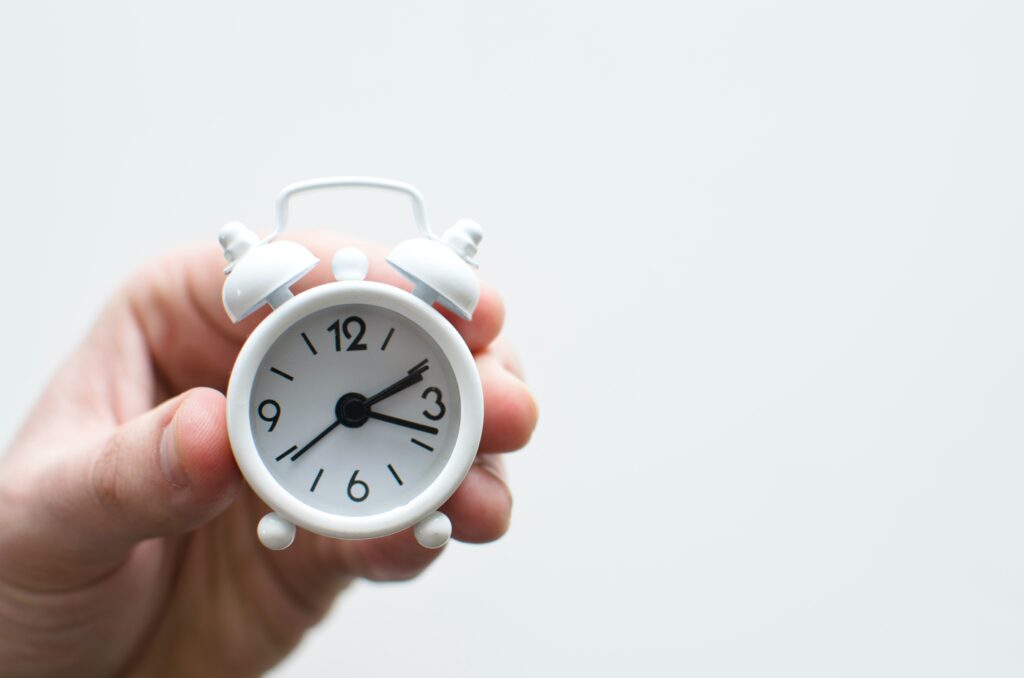News Team member Stephanie Oehler describes how the online "trad-wife" aesthetic fuels the flames of the anti-vaccination movement during the second-largest measles outbreak of the 21st century.

Editor’s Note: Over the past month, Destination HealthEU has featured student pieces from the 4th level track of Emory’s Health 1, 2, 3 Program within the Center for the Study of Human Health. You can access the 4th level series introduction article here. Starting this week, we will highlight personal stories of the Health 1,2,3 program’s Health 200 students as they grapple with the transition to online learning and prioritize their health amidst COVID-19. These stories were submitted as videos, and are described here. To access the article which introduces these personal stories, please click here. Read (and listen) on to hear what our students have to say about their health-related experiences during quarantine.
Featuring Emory student Isha Konety
If you’ve been following along with this series, you’ve probably noticed that the challenges COVID-19 has posed for Emory students has impacted not only their academics, but also their health. Isha is among these students. In her story, she shares her hardships related to the transition to online learning as well as a variety of techniques she’s used to reduce stress and increase productivity. Of the health modules presented to her in Health 100 and 200, Isha found the time and energy management module to be especially helpful while in quarantine.
“I think this was an especially important topic to me during the pandemic because it combined ideas of stress management, goal setting, mental health, and emotional wellbeing, all of which were individually impacted for me during this time.”
Isha Konety
While one might assume that engaging in leisure activities may be the most effective stress-reliever, research indicates otherwise. As Isha recalls from Health 100 and 200, research suggests that time management techniques are more effective at reducing academic stress than leisure activities, such as watching tv.[1] According to research by Hafner et al., college freshman who were given a brief time management training program reported no change in perceived stress over the first several weeks of the semester, whereas the students who did not receive the intervention reported increased perceived stress.[2] The students who received the intervention also experienced an increase in their perceived control of time. Put simply, students who implement time management techniques experience a reduction in stress and are better able to accomplish their tasks as they juggle their busy academic schedules.
With this understanding, Isha was determined to reduce her stress and improve her productivity by implementing various time management behaviors into her daily routine, including the use of a daily planner, the Pomodoro technique, phone productivity apps such as Forest, and studying in a quiet room.
“Another time management technique I tried using was the Pomodoro technique, especially when studying for tests or taking large chunks of notes. This really helped me stay productive because it kept both my mind and my body active.”
Isha Konety
By engaging in these strategies, Isha found that she was able to provide structure to her days in quarantine while reducing her stress and improving her study habits. While these time management skills were particularly helpful to her while learning from home, she believes they will be beneficial regardless of her learning environment going forward.
“I think that overall my stress level and tension level really decreased during this time because I was able to implement all these different strategies and I felt a lot less overloaded. I hope to carry these strategies onto next year and beyond this epidemic because I really think they’ve improved my study habits.”
Isha Konety
Despite the challenges this pandemic has posed for Emory students, they have found ways to support their health and wellbeing using the education and strategies provided to them in Health 1,2,3’s Health 100 and 200 courses. As a future Peer Health Partner, Isha will serve as a peer-mentor in Health 100 as she facilitates discussion surrounding core health concepts and health promotion. This unique position will allow her the opportunity to instill the knowledge she has gained in Health 100 and 200 in her future freshmen class at Emory and share her experiences to positively influence their health as well.
References
1. Misra R, Mckean M. College students’ academic stress and its relation to their anxiety, time management, and leisure satisfaction. Am J Health Stud. 2000;16(1):41-51.
2. Hafner A, Stock A, Pinneker L, Strohle S. Stress prevention through a time management training intervention: An experimental study. Educational Psychology. 2014;34(3):403-46.
